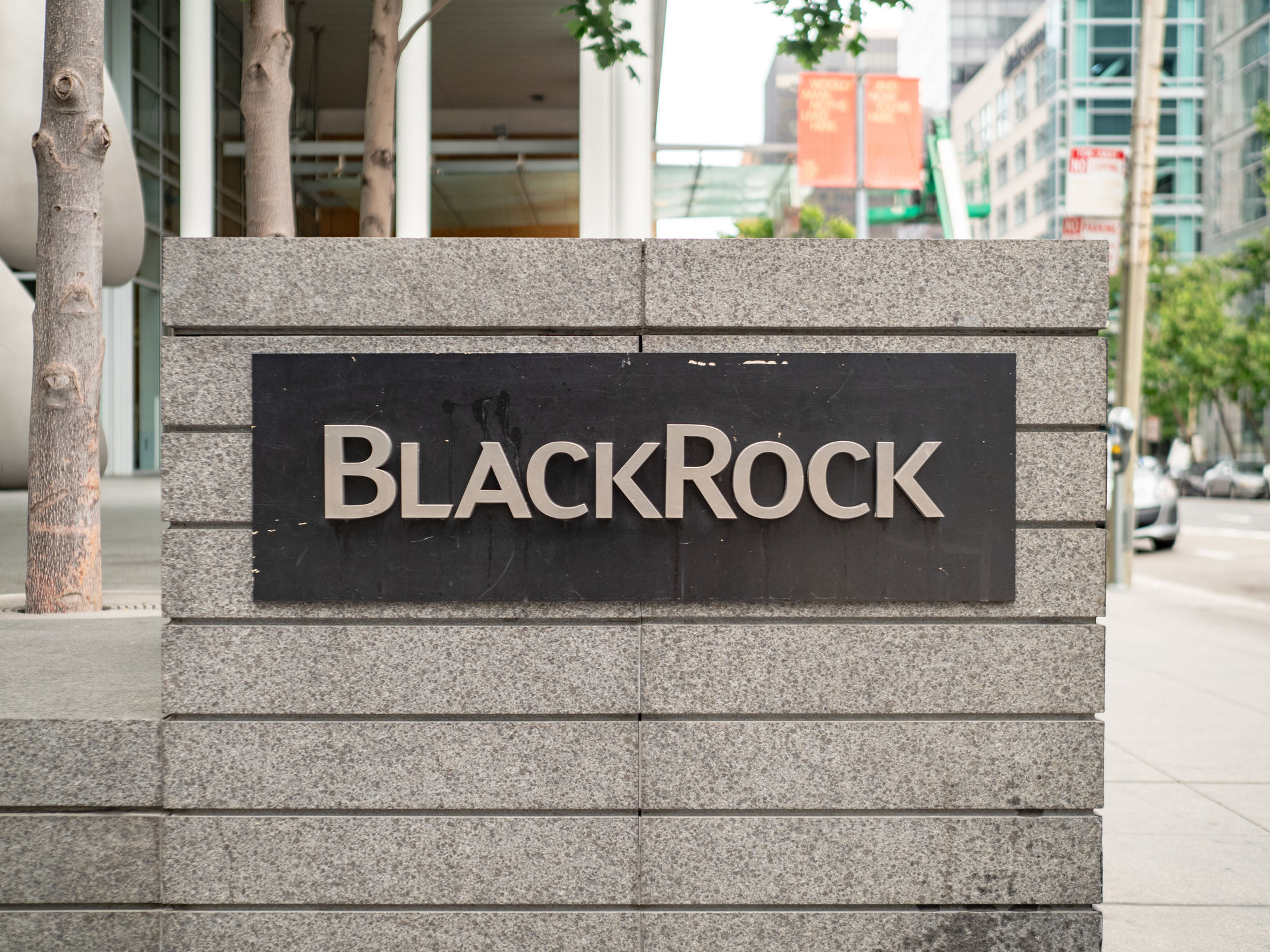BlackRock’s Global Allocation Fund revealed today in an SEC filing that, as of April 30, it owned 43,000 shares of the iShares Bitcoin Trust. This comes after BlackRock revealed Bitcoin exposure in two filings on May 28th, in both its Strategic Income Opportunities Portfolio and its Strategic Global Bond Fund.
Using both domestic and overseas equities, debt, and money market securities—including stocks of firms like Apple, Microsoft, and others—the BlackRock Global Allocation Fund was established in 1989 to generate investment returns.
BlackRock Promotes Bitcoin Use
To increase acceptance, BlackRock Inc. revealed that two of its largest funds purchased shares of the iShares Bitcoin Trust. In comparison to the larger ETF market, spot Bitcoin exchange-traded funds (ETFs) approved in January of this year have performed very well, with BlackRock’s iShares Bitcoin Trust (IBIT) leading the way in daily inflows.
According to data from Sosovalue, BlackRock’s IBIT has around $18 billion in net inflows as of June 27th.
Financial Markets Brace For Larger ETF Acceptance
BlackRock’s iShares Bitcoin Trust share buying comes at a time when the larger market is preparing for the approval of other crypto-based ETFs.
Just today, investment management VanEck filed to list the first exchange-traded fund (ETF) in the United States that is correlated with the spot price of Solana. According to the notice posted on the website of the US Securities and Exchange Commission, the VanEck Solana Trust will be an exchange-traded fund that issues common shares of beneficial interest after receiving approval. It is anticipated that these shares will be listed on the Cboe BZX Exchange, Inc.
Parallelly, as negotiations between regulators and asset managers go into their final phases, the U.S. Securities and Exchange Commission may authorize spot ether exchange-traded funds (ETFs) by July 4, according to industry executives cited by Reuters.
ETH ETFs are being requested by VanEck, BlackRock, Grayscale, Franklin Templeton, and four other asset managers for SEC approval. The majority of these firms introduced spot bitcoin ETFs in January after battling regulators for more than ten years.
As Bankless Times reported earlier, only “minor” concerns have been rectified, and the process of changing the offers has not progressed. Only after the appropriate documentation has been approved can ETFs begin trading.












